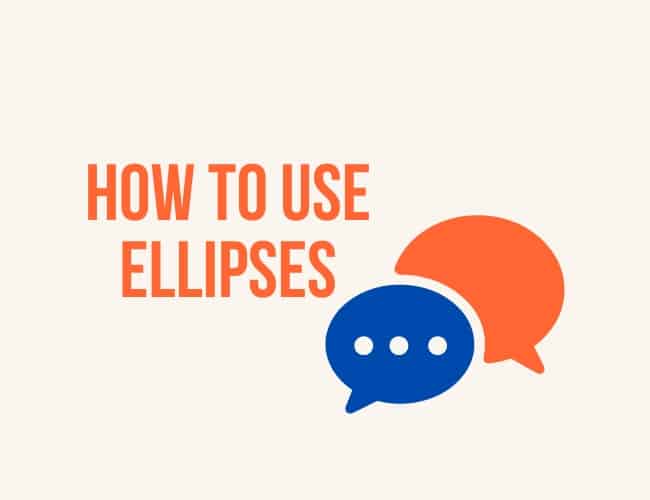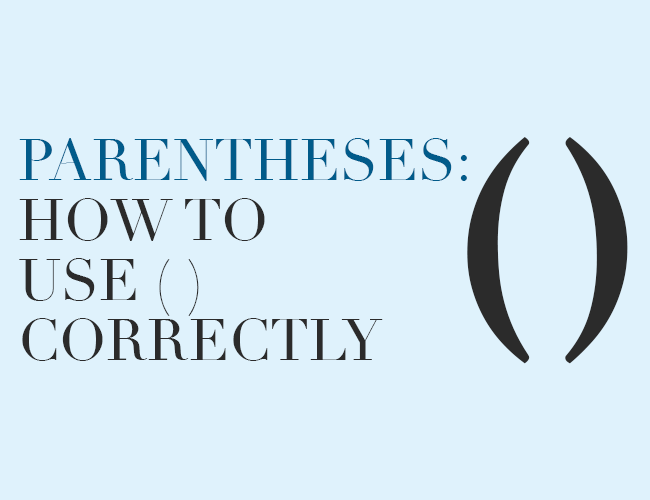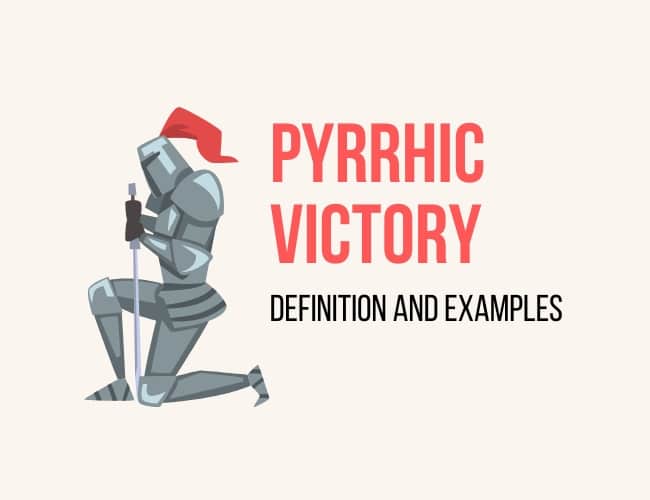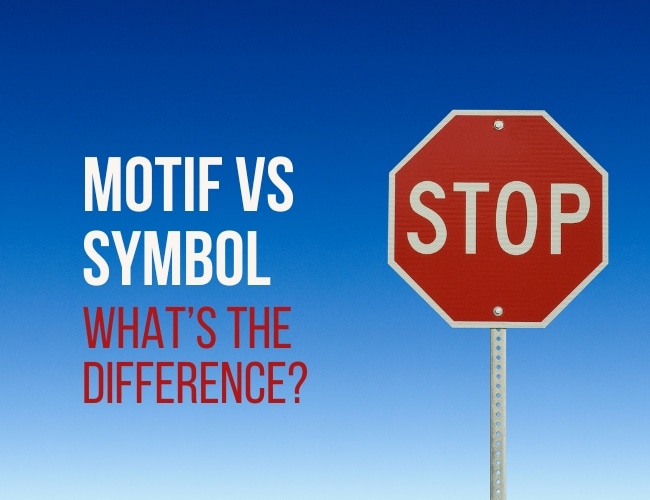
How To Use Ellipses in Grammar
Here at the Write Practice, we have love for all punctuation marks: commas, semicolons, question marks. Today we’re discussing that trio of periods that make up the ellipsis.
What’s an ellipsis?

Here at the Write Practice, we have love for all punctuation marks: commas, semicolons, question marks. Today we’re discussing that trio of periods that make up the ellipsis.
What’s an ellipsis?

Parentheses are punctuation marks that look like curly brackets. They are used in pairs and can contain phrases, clauses, or even complete sentences. Let’s look at some ways to use them more specifically.

Today, Joe brought my attention to a strange quirk of the English language: we use “whose” for inanimate objects. It sounds so weird when you use the phrase like, “I placed the iPhone whose screen is broken in the bin,” but it’s technically grammatically correct.

For those who might not be familiar with the term, a Pyrrhic victory is technically a win, but the excessive cost undermines the sense of triumph. That means you win, but it feels like you’ve lost.
Sometimes the cost includes the casualties incurred in the process of achieving the victory, but it can also be the personal cost that devastates the victor.

Using the novel Divergent by Veronica Roth as an example, we look at the difference between a symbol vs. motif, and how they affect the story.